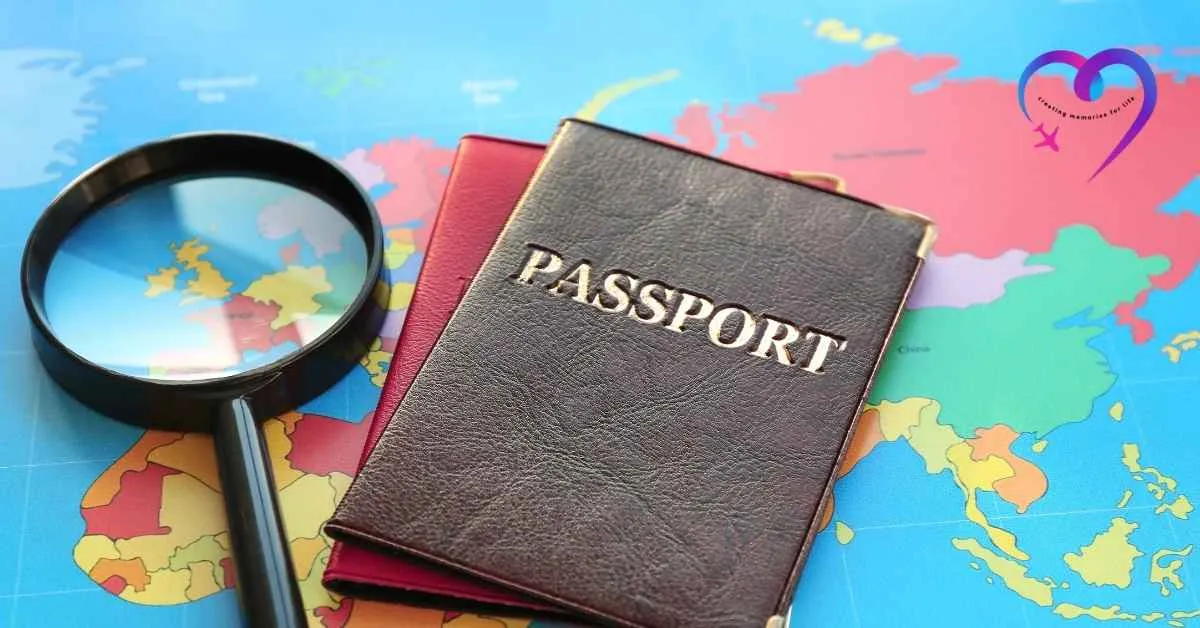Whether you are a Muslim travelling or simply curious about what constitutes halal food, you have come to the right place. As someone who enjoys exploring new destinations while adhering to Islamic principles, I often get asked about the meaning of halal and whether it goes beyond just religious boundaries. Let’s dive into what makes food halal and why it’s so important to millions of Muslims around the world.
What Does “Halal” Mean?
“Halal” is an Arabic word meaning “permissible” or “lawful.” In the context of food, it refers to anything that is allowed under Islamic dietary guidelines. These guidelines are based on Islamic law, or Shariah, and dictate what Muslims can and cannot consume.
Religious Roots of Halal Food
The concept of halal food is rooted in religious teachings from the Quran and Hadith (the sayings and actions of the Prophet Muhammad). Essentially, for food to be considered halal, it must meet specific criteria laid out in these texts. This includes not only what types of food are permissible but also how they are prepared and processed.

What Makes Food Halal?
Here are some of the key factors that determine whether food is halal or not:
- Permissible Ingredients: Certain foods are outright forbidden, or “haram,” such as pork, alcohol, and any byproducts derived from them. Halal food must be free from these prohibited ingredients.
- Proper Slaughtering Practices: For meat to be halal, it must be slaughtered in a specific way known as “dhabiha.” This involves invoking the name of Allah, using a sharp blade to minimise suffering, and ensuring that the animal is healthy at the time of slaughter.
- No Cross-Contamination: Halal food must not come into contact with non-halal substances. This means that restaurants and food manufacturers must take precautions to avoid cross-contamination.
- Ethical Treatment of Animals: Islamic law emphasises the humane treatment of animals. This extends to the conditions in which they are raised and the methods used to slaughter them.
What food is not halal?
Foods that are not halal, also known as haram, include pork and its byproducts, alcohol, meat from animals not properly slaughtered according to Islamic guidelines, and any food containing non-halal additives or contaminants. Halal food must also be free from cross-contamination with non-halal substances.
Beyond Religion: The Appeal of Halal Food
While the primary reason for halal food is religious, there’s a broader appeal. Many people appreciate the ethical and health-related aspects of halal food. The emphasis on humane treatment of animals and clean preparation processes can attract even those who don’t follow Islamic beliefs.
Finding Halal Food While Travelling
As a Muslim traveller, one of the challenges is finding halal food in unfamiliar places. Thankfully, there are resources like halal travel guides, apps, and online directories that help locate halal restaurants, grocery stores, and prayer facilities. This makes it easier to enjoy a journey without compromising religious values.
Why Halal Food Matters to Muslims
Halal food is more than just a dietary choice; it’s a way of life. For Muslims, adhering to halal principles is a matter of faith, showing respect for religious teachings and a commitment to living in accordance with Islamic values. It’s a way to ensure that what we consume is not just permissible but also wholesome and beneficial.
Whether you’re a Muslim looking for halal travel advice or someone interested in learning more about Islamic practices, understanding halal food is a key part of connecting with Muslim culture. It reflects a blend of religious devotion, ethical considerations, and a desire for quality in what we eat.
Conclusion
In summary, halal food is deeply rooted in Islamic principles and carries both religious and ethical significance. As a Muslim traveller, finding halal food can be challenging, but with the right resources and guidance, you can enjoy a fulfilling travel experience that aligns with your faith. Halal isn’t just about what’s on your plate; it’s about honouring a tradition that spans centuries.
Frequently Asked Questions
What is the difference between halal meat and regular meat?
The main difference between halal meat and regular meat is the method of slaughter. Halal meat must be slaughtered according to Islamic law, which includes invoking the name of Allah, using a sharp blade for a swift and humane cut, and ensuring the animal is healthy. Regular meat may not follow these guidelines and can involve non-halal practices.
Are all vegetarian foods halal?
Not necessarily. While vegetarian foods don’t contain meat, they may still contain other non-halal ingredients such as alcohol, gelatin (if derived from non-halal sources), or additives with haram origins. To ensure vegetarian food is halal, it’s important to check the ingredients and verify the source of any additives.
How Can I Find Halal Restaurants While Travelling?
You can find halal restaurants using halal restaurant directories, travel apps, or online guides dedicated to halal travel
Is halal food healthier than non-halal food?
Halal food emphasises cleanliness, humane treatment of animals, and avoidance of harmful substances, which can contribute to a healthier diet. However, “healthiness” depends on the type of food and preparation methods
Is halal food only for Muslims?
No, anyone can eat halal food. Many people choose halal for its emphasis on cleanliness, humane animal treatment, and ethical practices.




